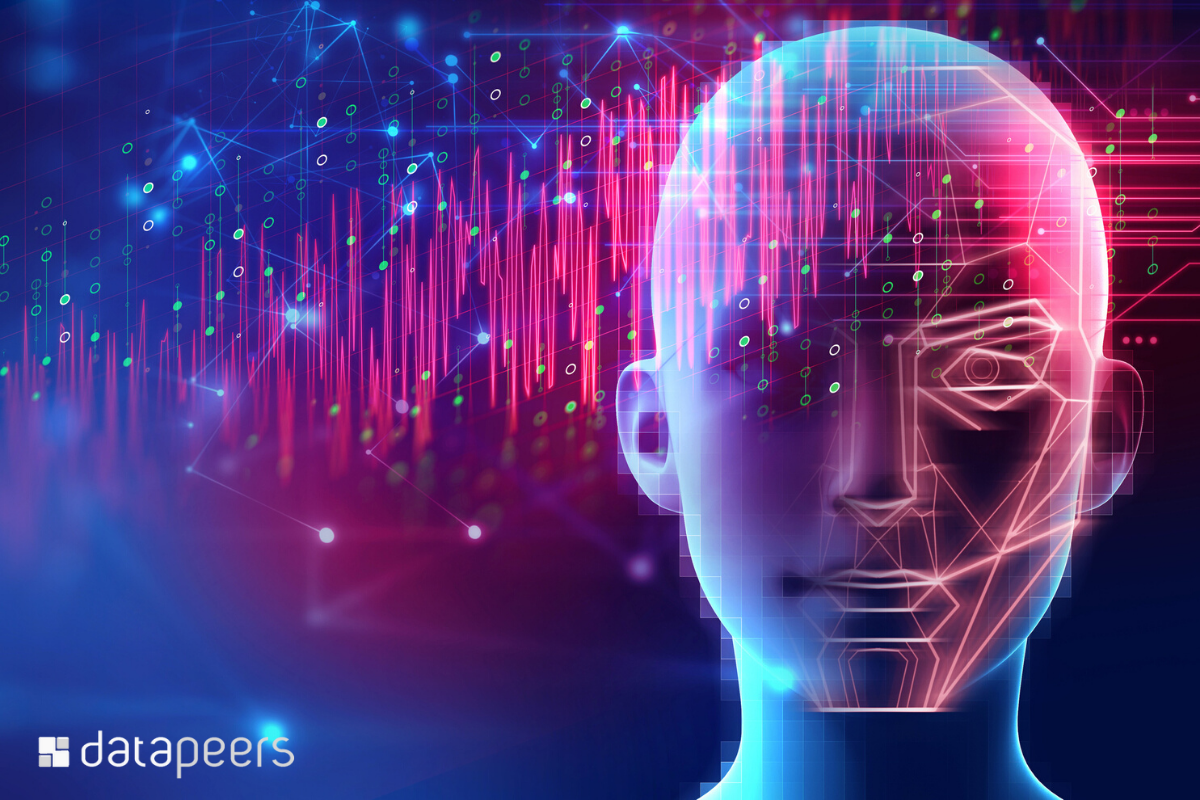Machine Learning and Security: How to Keep Information Safe?
Many companies have started using machine learning to protect their information. In addition to increasing efficiency in data protection, applying artificial intelligence techniques to information security enables companies to be able to prevent attacks in real time, thus avoiding financial loss. Protecting information is a constant concern within companies and with the arrival of the so-called Fourth Industrial Revolution, machine learning solutions are capable of learning behaviors and setting new security standards. In today’s article, we’ll take a look at how machine learning helps keep business information secure!
But after all, what is machine learning?
Machine learning is a method of analysis that automates the construction of analytical models. It is an area of Artificial Intelligence that is based on the idea that systems can learn from data, identify patterns and make decisions autonomously. With machine learning you can quickly produce models capable of analyzing complex data, delivering accurate results. In the area of security, it is possible to identify threats in real time, which ensures that it doesn’t pose risks to the organization.
Relationship between machine learning and information security
Malicious Activity Detection
Machine learning is a very effective solution for facing ever-changing threats. Machine learning algorithms are able to predict future actions based on the analysis of a large amount of data. Thus, this technology allows the detection of malicious activities that could go unnoticed by an antivirus. In addition, combat actions can also be automated, allowing you to stop attacks the moment they begin.
Mobile Security
More and more companies are allowing their employees to use their mobile devices to access corporate information. Security in this area has always been a problem as implementing monitoring tools on these devices can invade employee privacy. Machine learning solves this issue because its solutions do not require constant human interaction. This ensures the safety of these work tools without the need for constant monitoring, as machine learning can autonomously stop any attacks.
AIOPS: The Term That Will Change IT Management
This new form of IT management allows for a move away from isolated management of operations and provides intelligent insights that promote automation and collaboration for continuous improvement. AIOps uses big data, data analytics, and machine learning to provide insights and a higher level of automation. Thus, IT operations do not rely so much on human interaction to perform the management tasks required by modern infrastructure and software. This reduces human interaction in routine tasks and frees up human resources for other areas of added value. AIOps solutions consume data from a variety of resources and then store and provide access to it, enabling more advanced analysis. With this revolution, security will be able to identify the algorithms used by viruses and other threats in data theft. It will be possible to predict cyber attacks using just a few lines of code.


About the author